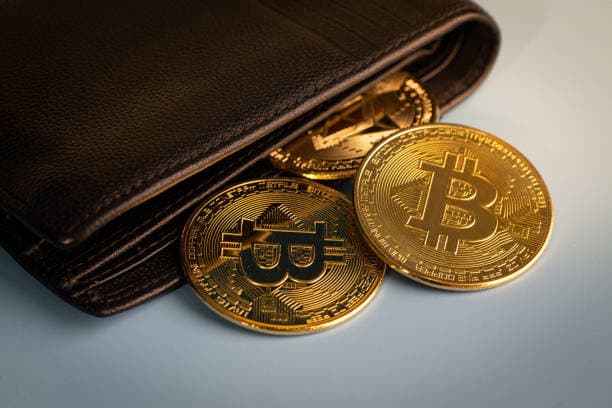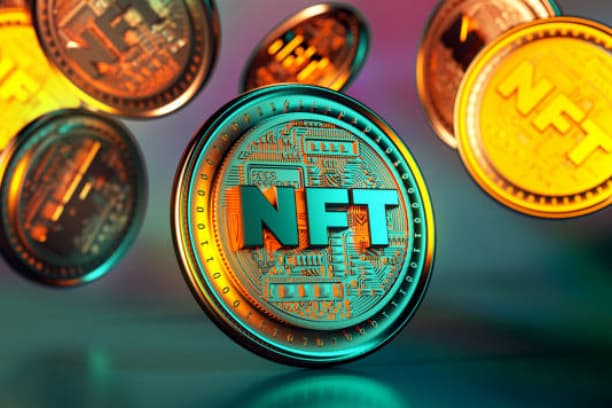How to Protect Digital Currency Exchange Accounts? Security Tips
Hi everyone, I'm Mike. Today we're here to talk about how to protect your digital currency exchange account, especially in the context of a maturing cryptocurrency market where account security is becoming more important than ever. Understanding how to avoid common security breaches and improve account protection is a must-have skill for every cryptocurrency investor, whether they're a newbie or a veteran. In the following, I will introduce some simple but effective tips from various angles to help you protect your assets from hacking attacks and the risk of losing funds.

Enabling Dual Authentication (2FA)
The most basic means of account protection is to enable dual authentication (2FA). This step significantly improves the security of your account so that even if your password is stolen, hackers can't easily gain access to your account without a second layer of authentication information. Common forms of 2FA include Google Authenticator, SMS authentication, and applications such as Authy.
Choosing Google Authenticator is one of the most popular of these methods and is highly secure because it generates a time-based authentication code that makes it difficult for hackers to break through the second line of defense, even if they have your password.
Use strong passwords and change them regularly
Strong passwords are the first line of defense in the security of any online account. Many people are accustomed to using simple passwords or reusing passwords from other platforms, but this is extremely risky. A strong password should contain at least 12 characters and a mix of upper and lower case letters, numbers and special symbols. Avoid simple combinations such as "123456" or "password", which can be easily broken by brute force tools.
Changing your password regularly is also an effective security measure, especially if you suspect that your password may have been compromised.
Setting up anti-fraud notifications
Many exchanges offer anti-fraud notifications that can help you be the first to know when a suspicious transaction occurs. You can set up funds withdrawal notifications, IP login alerts, etc. so that you are alerted whenever an unfamiliar device logs into your account or when a withdrawal is made from your account.
Many exchanges also offer geo-location monitoring, so you'll be notified instantly when your account is logged in from an unusual country or region. These additional safeguards can help you detect suspicious behavior in time to avoid losses.
Protecting Private Keys and Auxiliary Words
For users with large amounts of cryptocurrency, it's important to protect private keys and helpers. This information is the only key to your encrypted assets, and if lost or compromised, your funds may never be recovered.
Avoid storing private keys and helpers on networked devices, and don't store them in the cloud or in emails. The safest way is to write them down on paper and keep them in a secure place. If you use a hardware wallet (such as Ledger or Trezor), these devices are also highly protected in their own right.
Choose a reputable exchange
Choosing a reputable exchange to open an account is crucial to keeping your assets safe. Ensure that the exchange you choose has good security measures in place, such as cold wallets to hold most of your funds, insurance mechanisms, etc.
For example, OKX is one of the more reputable exchanges on the market, offering strong risk management measures and a variety of security features (e.g., insurance funds, anti-money laundering technology, etc.) to protect user funds. Choosing this type of platform not only reduces the risk of being hacked, but also improves the overall security of the trading experience.

Regularly check account activity records
Exchanges usually provide a record of account activity, which is a good tool to check the security of your account. Regularly check your login history and transaction records, especially for unusual IP logins or unauthorized fund transfers.
If you see suspicious activity, contact the exchange's customer service immediately and change your account password and security settings. Many exchanges also support checking the location and time of logins, which can help to identify anomalies.
Stay alert for phishing scams
Phishing attacks are a common form of cyber fraud, in which hackers trick you into entering your account information by posing as an exchange website or social media platform. These attacks usually come in the form of emails or fake websites.
Refrain from clicking on unidentified links and make sure that you always log into your Exchange account through official channels. If you receive an email or message from the Exchange, check the sender carefully and avoid interacting with any notifications from unknown sources.
Long-term storage with cold wallets
For long term cryptocurrency holders, storing assets in a cold wallet is the safest option. Cold wallets are not connected to the Internet, which makes them less susceptible to hacking.
Cold wallets come in the form of hardware wallets (such as Ledger and Trezor) and paper wallets. These devices minimize the risk of hackers exploiting vulnerabilities in the network and do not lose funds due to problems with the exchange.
Frequently Asked Questions Q&A
1. what is a cold wallet and why is it safer than a hot wallet?
A cold wallet is a wallet that is not connected to the Internet, which makes it less vulnerable to hacking. Hot wallets, on the other hand, are connected to the Internet, which makes them easy to operate but also vulnerable to hacking.
2. what should i do if my account is stolen?
If you realize that your account has been stolen, you should immediately change your password and contact the exchange's customer service. Most exchanges have an emergency response mechanism that can help users recover their accounts.
3. Do I need additional insurance for my Exchange Account?
Some exchanges, such as Euronext, provide an insurance mechanism to protect users' funds, so that even in the event of an extreme situation, users can receive a certain amount of compensation.














